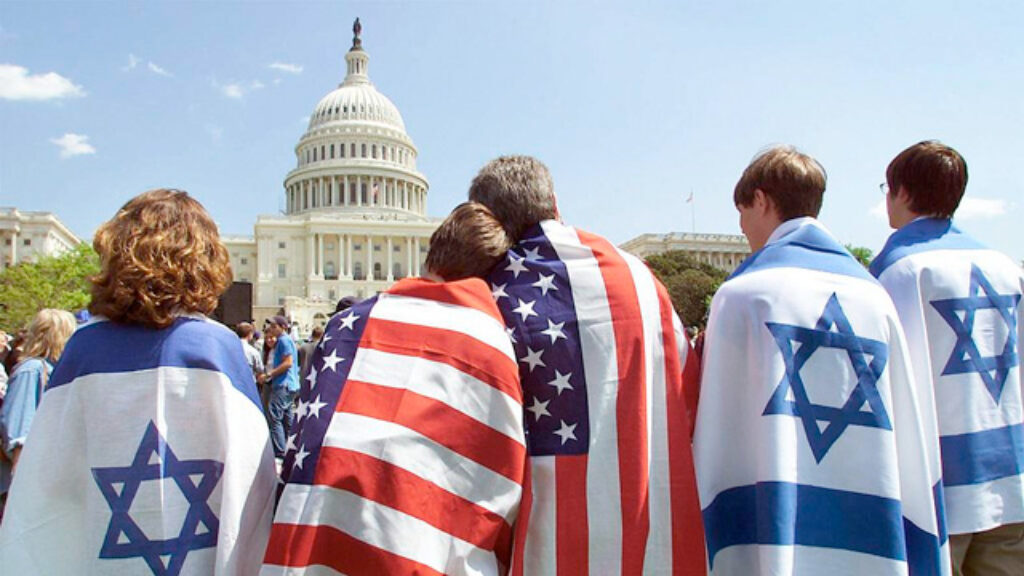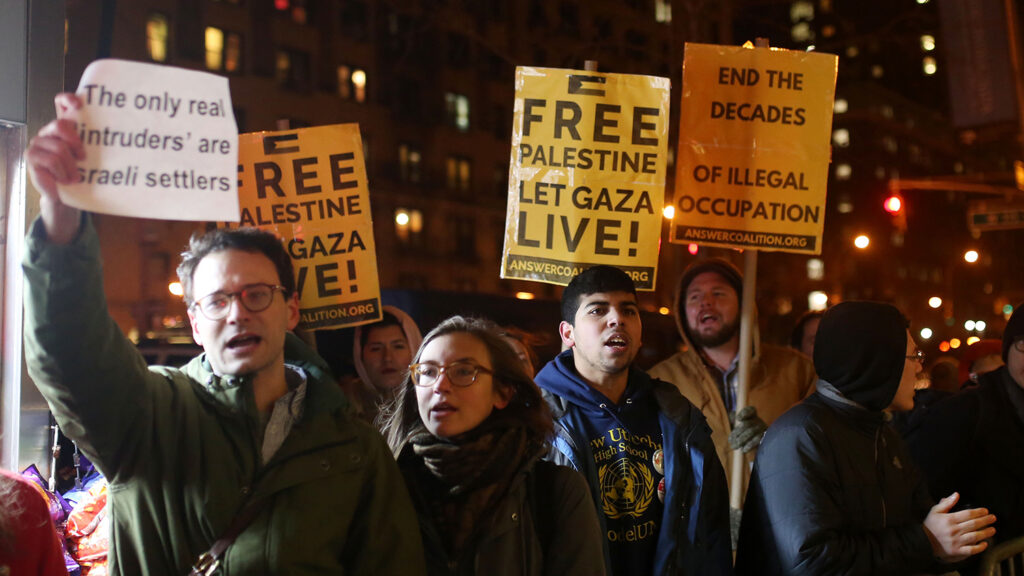Maintaining Jewish Unity Without Uniformity
BY ELIE DOUER
In the months before the October 7 attack, political tensions in Israel were at an unprecedented high, with intense polarization over the proposed judicial reforms. Studies show that polarization in Israel rose by 180 percent between 2009 and 2022 and, according to some estimates, Israel became more polarized than the United States during that time period1. In sharp contrast, after the October 7 attack, the country has seen a degree of solidarity not witnessed in any other nation for decades. Opposing parties set aside their differences and worked as one. Those not expected or called up to fight in the military, such as the ultra-Orthodox, reported to volunteer or even ask to enlist in record numbers. Volunteers from all political and religious backgrounds continue to lead grassroots efforts to support the country in its time of need. While it is regrettable that such a strong sense of unity was achieved only through tragedy and crisis, it is nonetheless a source of hope to see Jewish people throughout Israel and the world join together, unified as one. It remains to be seen, however, whether this unity will start to falter after the war, just as the unprecedented unity in the United States after 9/11 faded into intense political polarization.
Jewish unity itself can be loosely explained by the idea of “Kol Yisrael arevim zeh bazeh”: all Jews are responsible for one another. Yet Jewish unity should not be confused with Jewish conformity. Discussion and argument are essential parts of the Jewish tradition, and they are seen as a means of arriving at truth. Therefore, Jews should not seek to avoid argument and disagreement by obstinately clinging to their version of truth without engaging in discussion. Nor should Jews get bogged down trying to generate consensus on all topics. On the contrary, stubbornness is a Jewish staple. The entire Talmud is built on arguments among Jews and being at peace with the existence of such unsettled arguments.
The purpose of this essay is not to argue for a compromise on contentious issues such as judicial reform, but rather to urge Jews to treat one another with a fundamental respect. Put simply, unity without uniformity. Disagreement without splitting apart. In the words of the Talmud, “machloket l’shem shamayim,” argument for the sake of heaven. These are the principles that all Jews should coalesce around, while simultaneously willing to maintain dialogue with those we disagree with. Unity does not mean complying with a singular belief system; it does mean maintaining respect for one another. As Rabbi Jonathan Sacks once said, “On all matters that affect us as Jews regardless of our religious differences, we must work together. On all matters that touch on our religious differences, we will agree to differ but with respect.”2
The Jews are one of the smallest minorities in the world, composing approximately 0.2 percent of the world’s population. Despite our many enemies, the only nation capable of threatening the existence of the Jewish people is the Jewish people ourselves. A look at history will show that when Jews are united, no power can prevail over us. Unfortunately, the inverse has been true throughout much of our history. Iran has often suggested that internal conflicts in Israel will contribute to its demise over time. The October 7 attacks are a wake-up call for Jews in Israel and the diaspora who saw ourselves on opposing teams. The essence of Israel is a unified Jewish homeland that can accommodate disagreement among Jews while still maintaining our common purpose. One nation, one body: if each leg walks in a different direction, the body will split and die. If the arms engage in a fist fight with each other, the entire body will suffer.
Jewish respect and unity are crucial in both a religious and a secular sense. It is considered a chillul Hashem (desecration of God’s name) to publicly have discord with fellow Jews. Indeed, all 24,000 students of Rabbi Akiva died a horrible death because they did not treat one another with respect. It was the deplorable sinat chinam (baseless hatred) that led to the welcoming of the Romans by the Jewish leadership during the Second Temple period, and ultimately to the destruction of the Second Temple and expulsion of Jews from Jerusalem. According to the Talmud, sinat chinam is an equivalent to idol worship, forbidden sexual relations, and bloodshed combined.
It is paramount that Israelis and Jews around the world work to maintain the unity we are currently experiencing in this time of war, for it will determine the future not only of Israel but of the Jewish people everywhere. Fostering unity, peace, and respect should happen not only in the politics of Israel, but in our households, businesses, and social circles in the diaspora.
Suggested Reading

A New Viewpoint on Diversity
Often, it seems that the people who talk about diversity never visit diverse communities. People seem to think that diversity is based on how one looks. True diversity is not about how someone looks, but how they act.

My Real Internal Conflict is Not One of Clashing Interests
When do my Jewish interests and American interests conflict? After much careful internal deliberation, I have concluded that they do not.

Regaining our Power Through Knowledge: The Solution to Rising Anti-Semitism on Campus
An emotional connection to our Judaism cannot be our only solace. Knowledge is the solution to the problem Jewish students face today.

Living A Double Life
BY GALIT ALSAYGH The Tanakh has a stance on Jews in golah, exile. To assimilate or to isolate? To practice or to neglect? To be active or to be passive?…